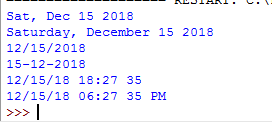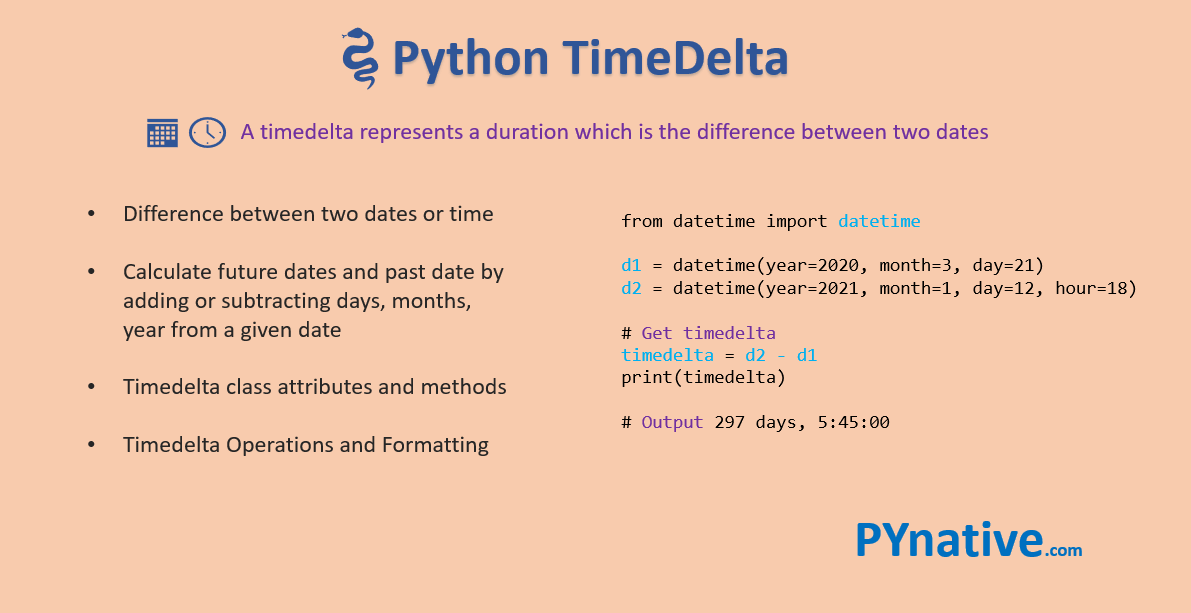
- Python convert string to datetime with microsecond iso#
- Python convert string to datetime with microsecond series#
I'll leave all versions of this function up just in case something doesn't work. The simplest way would be to use slicing to just chop off the last three digits of the microseconds: def formattime(): t () s. The edit above is just a roundabout way of doing the same thing. Just remove the space in the formatting of your original function. Last edit: Alas, all of this is not needed, assuming the input in the error message. A duration expressing the difference between two date, time, or datetime instances to microsecond resolution. If your input is like the one in the error, then this is how you'll write the function: def convert_to_timestamp(date_string):ĭate_string = date_string.replace(",", " ") # Replace the comma after the day with a space Attributes: year, month, day, hour, minute, second, microsecond, and tzinfo. strftime() formats the string to make it look like what you described it's optional.Įdit: A commenter said that in the error message, the string the function receives has no space between the comma and the year date, which is different from the input you mentioned in the question above. Return timestamp.strftime('%Y-%m-%d %H:%M') It is also possible to create datetimes from an integer by.
Python convert string to datetime with microsecond iso#
Timestamp = datetime.strptime(date_string, date_format) The most basic way to create datetimes is from strings in ISO 8601 date or datetime format. Try this instead:ĭate_string = date_string.replace(",", "") # Remove the comma after the day

Alternate formats can be generated using strftime. I think the main cause of this issue is the comma. The default string representation of a datetime object uses the ISO 8601 format (YYYY-MM-DDTHH:MM:SS.mmmmmm). Any thoughts? (I can appended i at the end of new Time as a phony millisecond.The function looks good.

I was hoping that spinning it through a loop would get me down to the millisecond. If a DataFrame is provided, the method expects minimally the following columns: 'year', 'month', 'day'. Parameters argint, float, str, datetime, list, tuple, 1-d array, Series, DataFrame/dict-like The object to convert to a datetime.
Python convert string to datetime with microsecond series#
This function converts a scalar, array-like, Series or DataFrame /dict-like to a pandas datetime object. so there is no way one double floating point number by itself could count the milliseconds since 1st January 1970 and also have nanosecond precision for a date.

For that, pass the argument hours with value N in the timedelta constructor. Step 2: Create an object of timedelta, to represent an interval of N hours. It returns a datetime object pointing to the current time in local timezone. Return numpy datetime64 format in nanoseconds. Step 1: Get the current time in python using datetime.now (). Site = 'FP 20180822' for i in range ( 1, 10 ) : Timestamp is the pandas equivalent of pythons Datetime and is interchangeable with it in most cases. I need to return time to the millisecond Python strftime reference provides the %f format place holder, but when I use it in Python 3.x it fails.


 0 kommentar(er)
0 kommentar(er)
